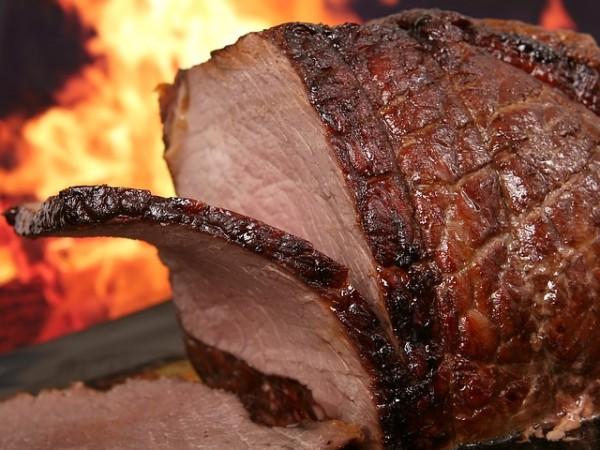
- Food cooked using high-temperature cooking methods can trigger high blood pressure.
- According to researchers, chemicals are released when these methods are followed.
- These chemicals leads to oxidative stress, inflammation and insulin resistance.
- The study was presented at an American Heart Association meeting in New Orleans.
If you are fond of roasted, grilled and broiled food items, we have some bad news for you. A recent study has found out that food cooked using high-temperature cooking methods may increase the risk of high blood pressure.
Researchers have found that the relationship between high blood pressure, cooking method and temperature was independent of the amount or type of food consumed. It is rather the chemicals that are produced during high temperature cooking that lead to oxidative stress, inflammation and insulin resistance.
Oxidative stress is when the body is unable to fight off the free radicals while insulin resistance is a condition in which the body fails to respond to the hormone insulin.
"The chemicals produced by cooking meats at high temperatures induce oxidative stress, inflammation and insulin resistance in animal studies, and these pathways may also lead to an elevated risk of developing high blood pressure," said Gang Liu, Ph.D., lead author of the study and a postdoctoral research fellow in the department of nutrition at the Harvard T.H. Chan School of Public Health in Boston.
The study was presented at an American Heart Association meeting in New Orleans focused on epidemiology and prevention on March 21.
The researchers studied 86,000 women and 17,000 men for 12 to 16 years. Initially, the participants didn't have high blood pressure. However, it was observed that during the study about 37,000 people developed high blood pressure.
After studying people who consumed two servings of red meat, chicken or fish a week, researchers concluded the following: the participants, who consumed beef, chicken and fish cooked using high-temperature cooking methods more than 15 times a month, had 17 percent more chance of developing high blood pressure during the study period.
Similarly, those who preferred their food well done had 15 percent more chance than people who eat their meat rare.
Chances of high blood pressure are 17 percent higher in those estimated to have consumed the highest levels of heterocyclic aromatic amines (HAAs) (chemicals formed when meat protein is charred or exposed to high temperatures) compared to those with the lowest intake, reported the study.
However, the study only identifies a trend and cannot prove that eating grilled meat actually triggers high blood pressure.
"Our findings suggest that it may help reduce the risk of high blood pressure if you don't eat these foods cooked well done and avoid the use of open-flame and/or high-temperature cooking methods, including grilling/barbequing and broiling," Liu said.
Also, another finding published online on July 20 in the journal Carcinogenesis, suggested that pan-fried red meat items are linked to prostate cancer because of the chemicals that are produced in this cooking method.















